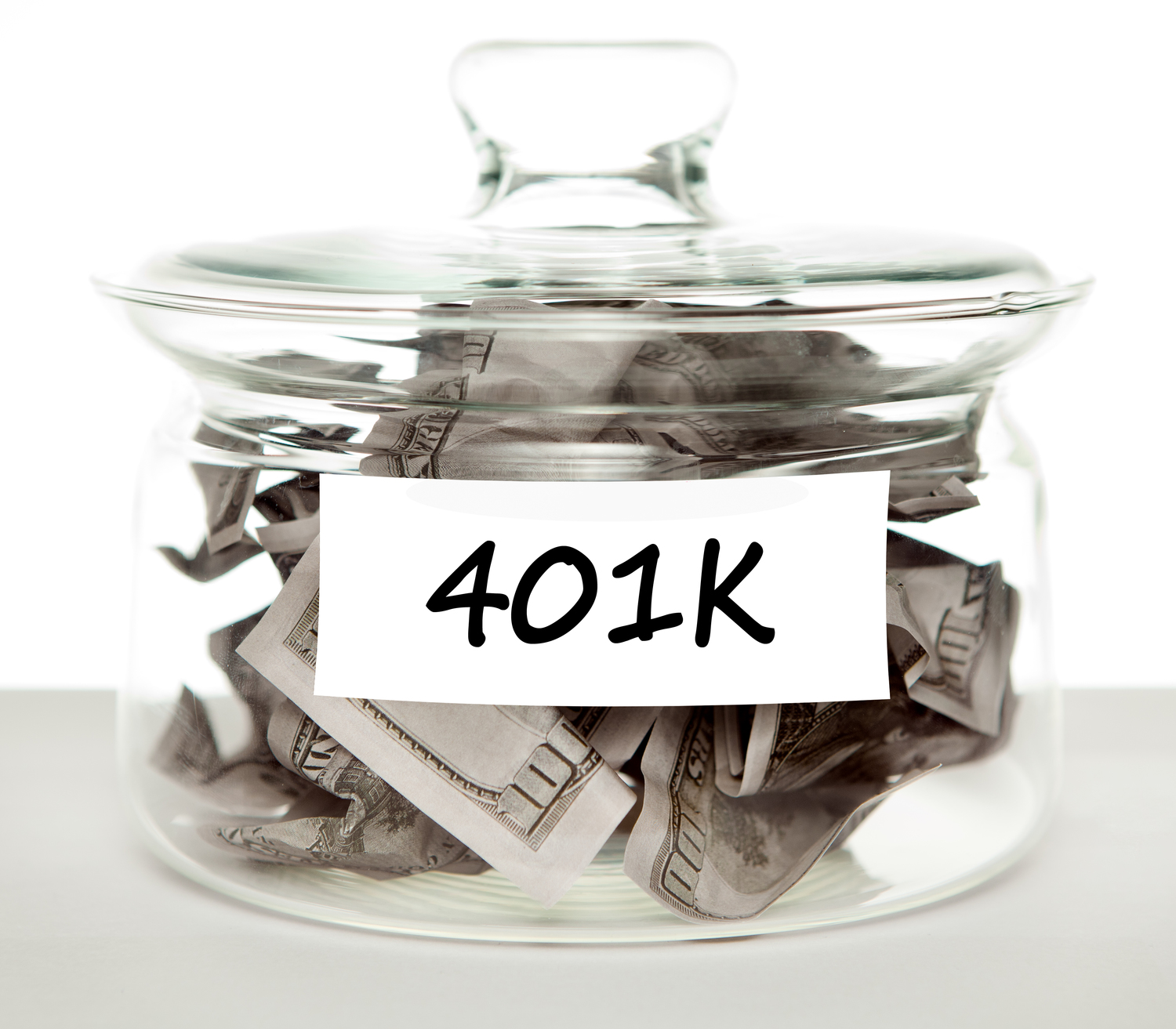Three Things Your Plan Administrator Isn’t Telling You
Why should you care who manages your company 401(k)? The answer is simple and I won’t tease you along an entire article to get to the answer: Your 401(k) manager could be costing you thousands of dollars and postponing your retirement by a factor of years. You simply may not have noticed yet.
You, Your Employer, and Your 401(k) Plan Administrator
In order to understand why you should care who manages your 401(k) it’s important to understand the different aspects of 401(k) components. The employer (your company, sometimes called the plan sponsor) offers a 401(k) retirement plan to you, the employee. However, the employer, or plan sponsor, has nothing to do with the management and execution of the plan. They instead hire another company, called the plan administrator, to oversee and manage the plan. To be clear, your 401(k) plan administrator is not affiliated with you or your employer.The plan administrator is typically a mutual fund company, insurance company, or a brokerage firm.
A Brief 401(k) History Lesson
Understanding the history of the 401(k) will also help you understand why you should care who manages your plan. 401(k) plans are relatively new to the retirement space and were introduced in 1978, when the 401(k) debut wouldn’t have been a popular one due to the common existence of company pension plans. However, over the next 30 years pension plans began to fade due to the high costs of retirees living longer, while the number of 401(k) plans increased. In 2006, the Pension Protection Act was passed, and required pension plans to be nearly fully funded, putting a huge investment burden on the plan sponsor (employer). The Pension Protection Plan, perhaps unintentionally, all but extinguished the pension plan, while the 401(k) plan exploded in popularity because it, conversely, put the investment burden on the employee.
The First Thing Your Plan Administrator Isn’t Telling You
Your employer hasn’t really had other choices. Because the 401(k) space started out so small, in the late 1970’s there were only a few types of companies designed to manage them. In most cases, the insurance company was selected to manage these plans because they were viewed as “safe” for companies whose employees were building a nest egg. The 401(k) space grew quickly and with relatively no competition, insurance companies had cornered a huge market. This large and sudden growth revealed some cracks in the insurance company’s approach to 401(k) management (which we will cover below). These cracks prompted a request for more transparency by the United States Department of Labor in 2012 to provide clearer insight into how the plans were managed and how fees were taken. After this, albeit limited, transparency was achieved, a few sectors of the financial industry realized they could provide the same service, if not better service, for a much lower cost without the conflict of interest of selling proprietary funds. This is where Registered Investment Advisory (RIA) firms come on the scene. These firms have only recently begun to provide an additional choice in the 401(k) management space.
The Second Thing Your Plan Administrator Isn’t Telling You
Until now, it’s been difficult to see how much you are being charged by the plan administrator. Employees have been conditioned to take a hands off approach with their 401(k) and often assume their company is looking out for their best interest. Thats the start of the disconnect. As we covered earlier, your 401(k) is offered by your employer, but managed by a third party unrelated to your employer. Your employer offers a 401(k) as an incentive for employees to stay with the company and as part of a benefits package that hopefully contributes to a higher company moral. If your employer matches any contribution to your 401(k) they actually reduce their own bottom line to do so. The plan administrator who manages the plan seeks profit for their company by managing your 401(k) account. The plan administrator collects profit through the fee they charge to manage the employee’s 401(k) account. These fees are often unclear and easy to miss since you probably don’t check your 401(k) account daily and when you do check it’s likely larger than the last time you checked because of your ongoing weekly or monthly contributions. In fact, according to a recent survey by Rebalance IRA, 46% of Baby Boomers didn’t even realize they had fees taken out of their 401(k). According to this same report, fees typically range from 1.5% to 3.86%, depending on the size of the cumulative company 401(k) plan. The higher the fee, the less you have in your account when it’s time to retire.
The Third Thing Your Plan Administrator Isn’t Telling You
Employers and employees have assumed that there is safety and protection in large third party plan administrators (read: insurance companies). Unfortunately, this system only provides increased potential for a false sense of security. The global financial giant formerly known as ING (now Capital One 360) was a massive company on the verge of default in 2008, but was given a huge loan from the federal government in to stay afloat. Fidelity (a 401(k) plan administrator) has actually been sued by it’s own employees (and settled out of court) because of how they irresponsibly managed the Fidelity 401(k) plan. How’s that for irony? Safety does not necessarily increase with the size of a company.
What’s Next? Part Two: Fees, 401(k)s, and the Mathematical Power of Compounding
Be on the lookout for next week’s installment on this subject as we explore the mathematics of compounding to explain additional importance of knowing who is managing your 401(k) plan and how much they are charging you to do so.
Photo by M Kasahara
- Rising Rates Create Headwinds - November 8, 2024
- The Fed Finally Cuts Rates - October 10, 2024
- Interest Rates Stabilize, Stocks Bounce - September 6, 2024



Leave a Reply